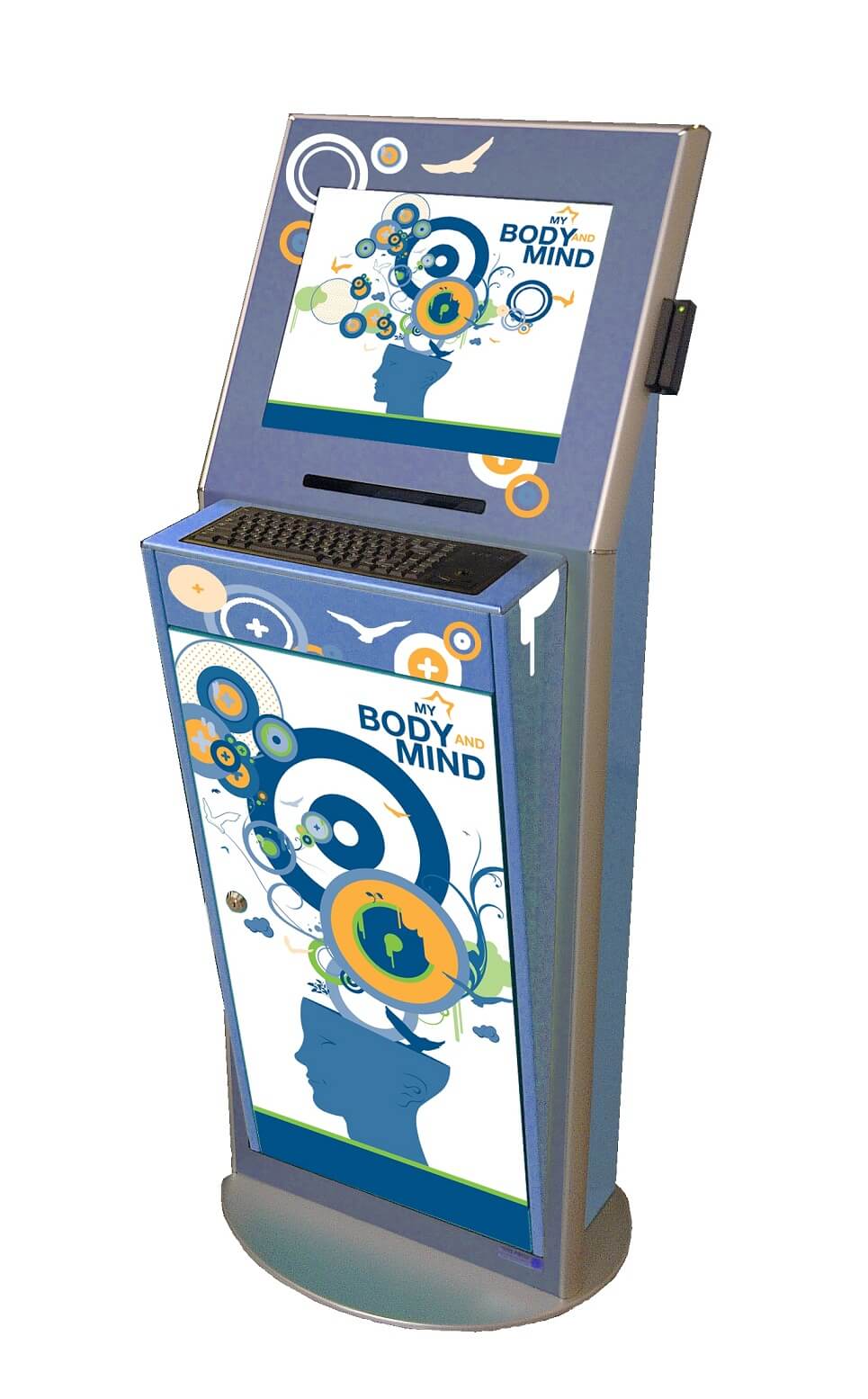Prof. Steger, Director of the Neve Or Institute at Kaplan Hospital: This is a significant breakthrough thanks to the use of advanced technology developed at the University of Cambridge

A sophisticated computer game, the first of its kind in the world, which was recently installed at the Neve Or Institute (AIDS Institute) at the Kaplan Hospital in Rehovot, makes it possible to monitor the level of brain function among HIV carriers and AIDS patients, both children and adults, using special tests developed at the University of Cambridge, England .
The tests make it possible to discover changes in the patient's neuro-cognitive function over time and to change the medication given to him accordingly. The tests are carried out in a computerized "game station" specially developed for this purpose. The Neve Or Institute at the Kaplan Hospital is the largest center in Israel for AIDS patients and carriers, currently treating about 1,000 patients and about 100 children. Soon the computer station will also be placed in other hospitals in Israel.
A unique collaboration between the Kaplan Medical Center in Rehovot, Cambridge Cognito, and the global company Abbott, led to the development of an innovative diagnostic tool of its kind, a neuro-cognitive computer station, which allows for the first time to monitor through a 'game' the level of neuro-cognitive function of HIV virus carriers and patients AIDS. The diagnosis is made through neurocognitive tests with scientific validity, based on a very extensive study conducted at the University of Cambridge, England. Three computerized tests, which include several exercises and skills, test: memory capacity, level of motor function, eye contact coordination, level of attention and concentration and reaction time.
Prof. Steger, director of the Neve Or Institute at Kaplan Hospital, and the initiator of the unique project together with the center's doctors and psychologist, says that this is a breakthrough in the field of research into the diagnosis and treatment of the HIV virus, which can improve the quality of life of AIDS carriers and patients. "The tests monitor changes in the level of the patient's brain function, and provide a continuous picture of the situation, which makes it possible to check whether there has been a deterioration in the neurocognitive function and what is the degree of effectiveness of the drug treatment given to the patient. At the end of the test, a computerized output is printed at the station, automatically, detailing the results and comparing them to the average among the entire population," he explains. Using the results, the attending physician will be able to monitor the performance of the patients, including about a hundred children treated at the institute, and the effectiveness of the treatment given to them on the neuro-cognitive consequences, over time.
In recent years, the relationship between carrying the HIV 1 virus and damage to the level of neurocognitive function has been scientifically proven. It was found that up to 50% of the virus carriers in the world suffer from neurocognitive disorders at various levels, which impair the quality of life and significantly affect daily functioning, with 2% of the patients even suffering from significant neurocognitive impairments, which manifest in dementia (dementia). Additional studies of recent years have revealed that HIV carriers have a 3-fold chance of failing a driving test, a 2-fold chance of being unemployed, and up to a 5-fold chance of poor performance in the workplace. Continuous monitoring of the state of neurocognitive function can help in choosing the most suitable time to start treatment as well as in the treatment procedure itself. Therefore, it is recommended for all those diagnosed as HIV carriers to perform a neuro-cognitive assessment after the diagnosis using the neuro-cognitive computer station, so that it will be a point for comparing their cognitive status later on.
Prof. Zeev Steger, director of the institute, explains that since AIDS has now become a chronic disease, and people can live for many years as carriers of the virus, the virus's damage to the level of neurocognitive function is extremely significant and directly affects the patient's daily routine. "The use of the game positions will enable a continuous and reliable assessment of the neurocognitive function of the patients, including children. This knowledge will allow doctors to provide the effective drug treatment that will help reduce the load of the virus in the brain and the functional damage and the continued effectiveness of the drug", he concludes.

4 תגובות
Well, thanks (the truth is that it's already a bit "old", but still amazing and worth an article)
Every day there are new urgent things and I haven't had time.
Did you finally give up on this article?
https://www.hayadan.org.il/early-stage-investment-plan-040512
(see comments)